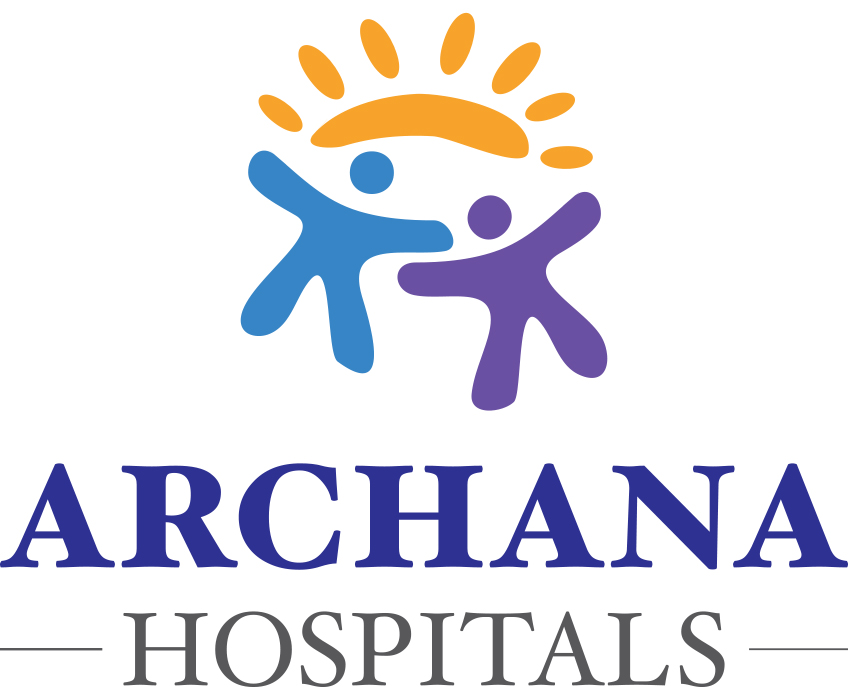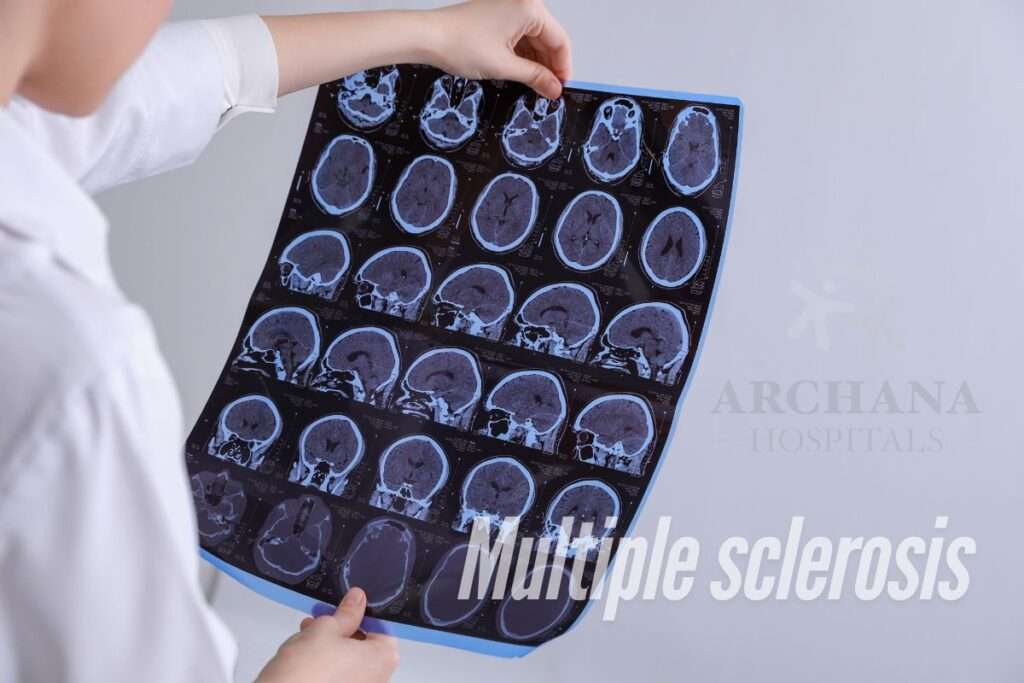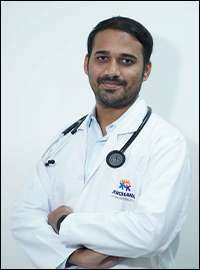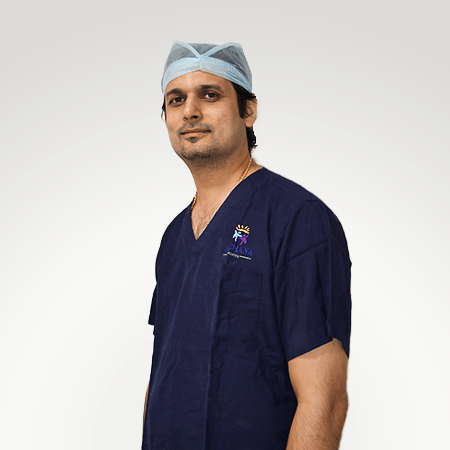Hypothyroidism: Understanding & Managing Thyroid Hormone Deficiency

Hypothyroidism is a condition in which the thyroid gland is not able to produce enough thyroid hormone. It is especially prevalent among women; in fact, as many as 10% of women may have some degree of thyroid hormone deficiency.
Risk Factors for Hypothyroidism
Anyone can develop hypothyroidism, but you are at increased risk if you:
- Are a woman
- Are over the age of 50
- Have a family history of thyroid disease or any autoimmune disorder
- Have an autoimmune disorder, such as type 1 diabetes or rheumatoid arthritis
- Have you taken antithyroid medications (a treatment for hyperthyroidism), or have you been treated with radioactive iodine
- Have had thyroid surgery (partial or total thyroidectomy)
- Have you been exposed to radiation to your neck or upper chest area
- Were pregnant or had a baby within the past six months.
Hypothyroidism Symptoms
Symptoms of hypothyroidism vary depending on how severe of a deficiency in thyroid hormone production you are experiencing and the length of time your body has been deprived of the proper amount of hormone.
Symptoms also vary between people; what may be one person’s main complaint might not affect another person at all, and vice versa.
Most people will have some combination of the symptoms listed below. Occasionally, a person with hypothyroidism will have no symptoms at all, or the symptoms are so subtle that they go unnoticed.
- Fatigue
- Weakness
- Weight gain or increased difficulty losing weight
- Coarse, dry hair
- Dry, rough, pale skin
- Hair loss
- Cold intolerance (you can’t tolerate cold temperatures like those around you)
- Muscle cramps and frequent muscle aches
- Constipation
- Depression
- Irritability
- Memory loss
- Abnormal menstrual cycles
- Decreased libido
How Is Hypothyroidism Diagnosed?
Hypothyroidism can often be diagnosed with a simple blood test called a thyroid hormone panel (also known as a thyroid function panel), which measures the amount of thyroid hormone in your blood. However, diagnosis is not so simple in some people and more detailed tests are needed.
If you have one or more of these symptoms, or if you have already been diagnosed and treated for hypothyroidism and continue to have symptoms, it’s essential to discuss it with your physician Left untreated, the symptoms of hypothyroidism will usually progress. This can lead to complications, including congenital disabilities, infertility, elevated “bad” (LDL) cholesterol, and mental health problems. Rarely, untreated hypothyroidism can result in severe, life-threatening depression, heart failure, or a type of coma called myxedema coma.














